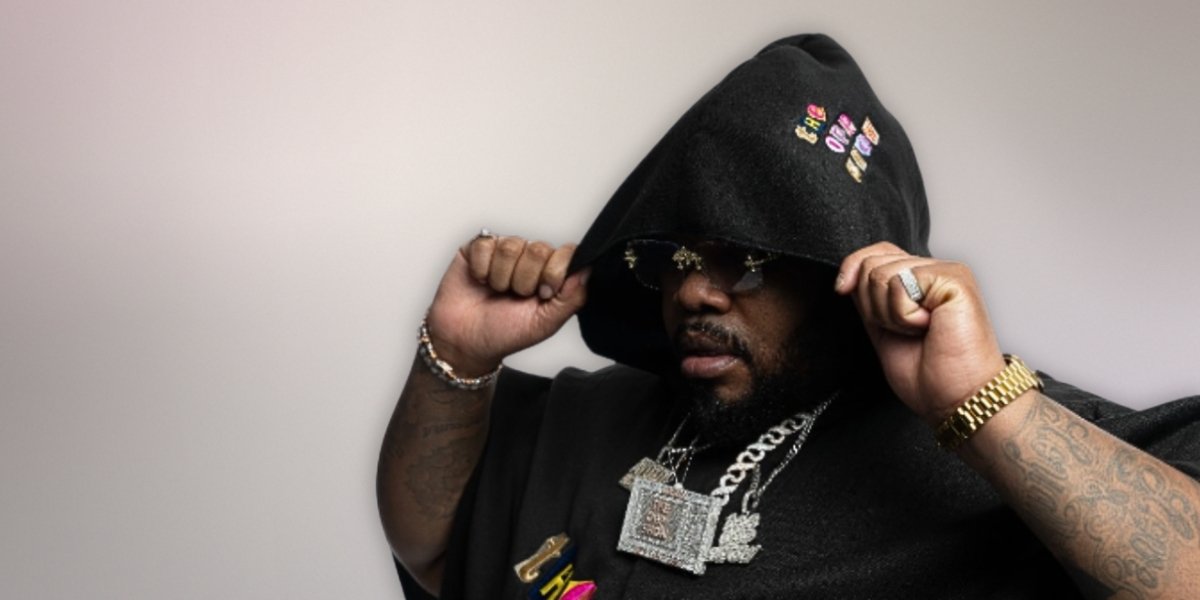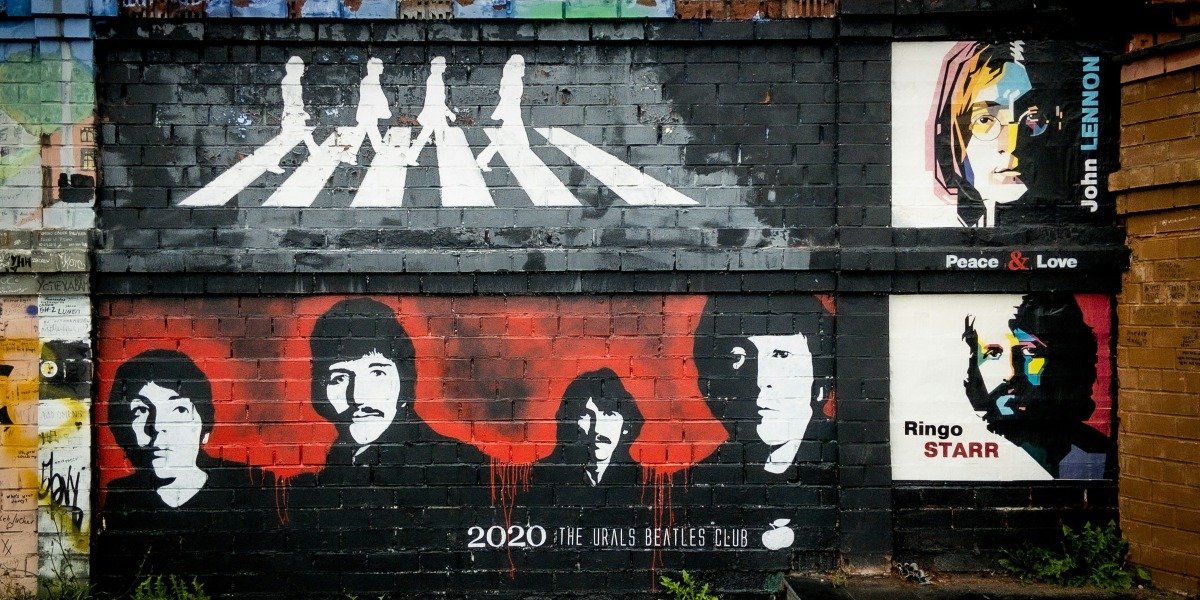Mental health has become a critical topic among young people, who increasingly face challenges related to emotional well-being. Celebrity-led mental health campaigns have emerged as influential tools in shaping how youth engage with these issues. These initiatives harness the reach and visibility of public figures to promote awareness, reduce stigma, and encourage open conversations about mental health.
The resonance of such campaigns with younger audiences rests on the authenticity and relatability that celebrities can bring. Through their platforms, they reach millions and provide a sense of connection and validation for young individuals navigating complex emotional landscapes. Understanding how these campaigns influence youth engagement offers insight into evolving cultural approaches to mental health.
The Power of Relatability and Visibility
A key factor in the effectiveness of celebrity-driven mental health campaigns is the ability of public figures to make abstract or stigmatized issues feel more tangible and approachable. When celebrities share their own experiences or support mental health initiatives, they become relatable examples that demonstrate vulnerability and courage.
This visibility helps normalize discussions about mental health, showing youth that it is acceptable to talk openly about struggles. The presence of recognizable figures addressing mental health issues signals that these concerns are widespread and important. For young people, who often look to media and popular culture for cues, this representation fosters a sense of belonging and understanding.
The visual and narrative impact of campaigns ensures that messages reach audiences beyond traditional educational contexts. By incorporating storytelling and personal connection, these campaigns engage youth emotionally as well as intellectually.
Encouraging Open Conversations Among Young People
Celebrity-led campaigns often serve as starting points for conversations that extend into homes, schools, and peer groups. By addressing mental health publicly, celebrities help lower barriers that might prevent youth from discussing their own experiences or seeking support.
These initiatives can influence social norms by making conversations about emotional well-being a part of everyday discourse. When young people see mental health framed positively and constructively, they are more likely to approach these topics with openness rather than avoidance.
The role of social media is significant in this process. Campaigns that utilize interactive platforms enable youth to participate actively, share their stories, and connect with peers. This sense of community provides additional motivation for engagement and reduces feelings of isolation.
The ripple effect created by celebrity involvement encourages sustained dialogue, which is essential for lasting cultural change around mental health.
Shaping Attitudes Toward Help-Seeking and Support
Beyond raising awareness, celebrity-driven mental health campaigns influence attitudes toward seeking help and utilizing available resources. By modeling openness and endorsement of professional support, public figures can reduce stigma associated with therapy, counseling, or other forms of assistance.
Youth exposed to these messages may feel more empowered to access support systems, recognizing that doing so is a sign of strength rather than weakness. The normalization of help-seeking within popular culture contributes to breaking down misconceptions and fears related to mental health care.
Additionally, campaigns often provide information about resources, making it easier for young people to find appropriate avenues for support. This practical aspect complements the emotional encouragement offered by public figures.
Shaping these attitudes is a critical component of improving mental health outcomes and fostering resilience among youth.
Challenges and Considerations in Celebrity-Led Campaigns
While the impact of celebrity involvement is substantial, there are challenges to ensuring that mental health campaigns remain effective and responsible. The complexity of mental health issues requires that messages be accurate, sensitive, and inclusive.
Public figures and campaign organizers must be mindful of avoiding oversimplification or sensationalism. Ensuring that campaigns provide realistic perspectives and encourage professional guidance is essential.
Furthermore, the diversity of youth experiences calls for inclusive messaging that resonates across different backgrounds and identities. Tailoring campaigns to address varied needs enhances their relevance and reach.
Ongoing collaboration with mental health experts and communities helps maintain the quality and integrity of celebrity-driven initiatives. By addressing these considerations, campaigns can maximize their positive influence on youth engagement.









